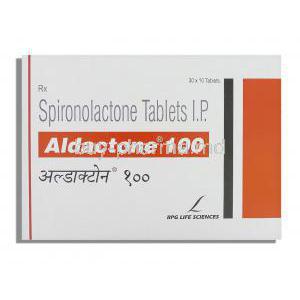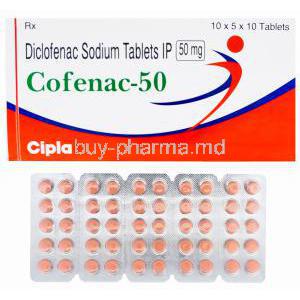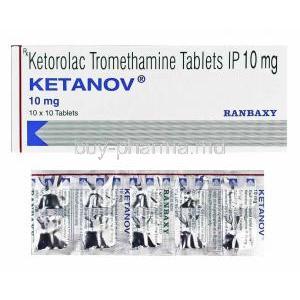Levocetirizine
Uses
Levocetirizine is used in the treatment for allergic disorders and its symptoms.
How it Works
Levocetirizine is used known as a non-drowsy antihistamine, it works by blocking histamine receptors and increasing the breakdown of mucus.Levocetirizine works by selectively inhibiting the H1 histamine receptors therefore preventing histamine from acting on its receptors. Levocetirizine helps to alleviate the symptoms caused by hay fever or other allergies (such as a runny nose and watery eyes). Levocetirizine works by reducing the viscosity (thickness) of mucus, allowing for more of it to be removed from the body.
Common Side effects
Patients who take Levocetirizine may suffer from such side effects;
Coughing,
Nosebleeds,
Dry throat or mouth,
Drowsy or tired sensation,
Slight pain that affects the muscles,
Abdominal pain,
Drowsiness,
Fatigue,
Vomiting,
Diarrhoea
Phenylephrine
Uses
Phenylephrine is used in the treatment of nasal congestion, pupil dilation and low blood pressure that can occur during different type of anesthesia
How it Works
Phenylephrine works by decreasing swelling in the blood vessels of the nose and ears, thus lessening discomfort and making it easier to breathe. Phenylephrine is also be used dilate the eyes prior to eye surgery.
Common Side effects
Patients who take Phenylephrine may suffer from such side effects;
Nausea,
Vomiting,
Headache,
Palpitations,
Increased blood pressure,
Increased heart rate,
Irregular Heart beat
Paracetamol
Uses
Paracetamol is used in the treatment of reducing fever, and relieving pain such as headache, pain during menstruation, arthralgia, myalgia, dental pain and post operative pain.
How it Works
Paracetamol inhibits and blocks the production of pain and inflammation-causing chemicals called prostaglandins. Prostaglandins are found throughout the body, but paracetamol mainly works on those in the brain that are responsible for pain and fever.
Common Side effects
Patients who take Paracetamol may suffer from such side effects;
Allergic reaction,
Liver damage,
Diarrhoea
Caffeine
Uses
Caffeine is used in the treatment of migraine causing severe headaches.
How it Works
Caffeine is a central nervous system stimulant. Caffeine works by stimulating the brain. Caffeine is found naturally in foods and beverages such as coffee, tea, colas, energy and chocolate. Botanical sources of caffeine include kola nuts, guarana, and yerba mate. Caffeine is used in the treatment of migraines causing severe headaches. Caffeine is also used to restore mental alertness or wakefulness during fatigue or drowsiness.
Common Side effects
Some of the potential side effects of Caffeine can include the symptoms below;
Agitation,
Black, tarry stools,
Blood in the stools or urine,
Bruising,
Burning feeling or tenderness in the stomach,
Chills,
Confusion,
Coughing or vomiting blood,
Decreased urine output,
Depression

















